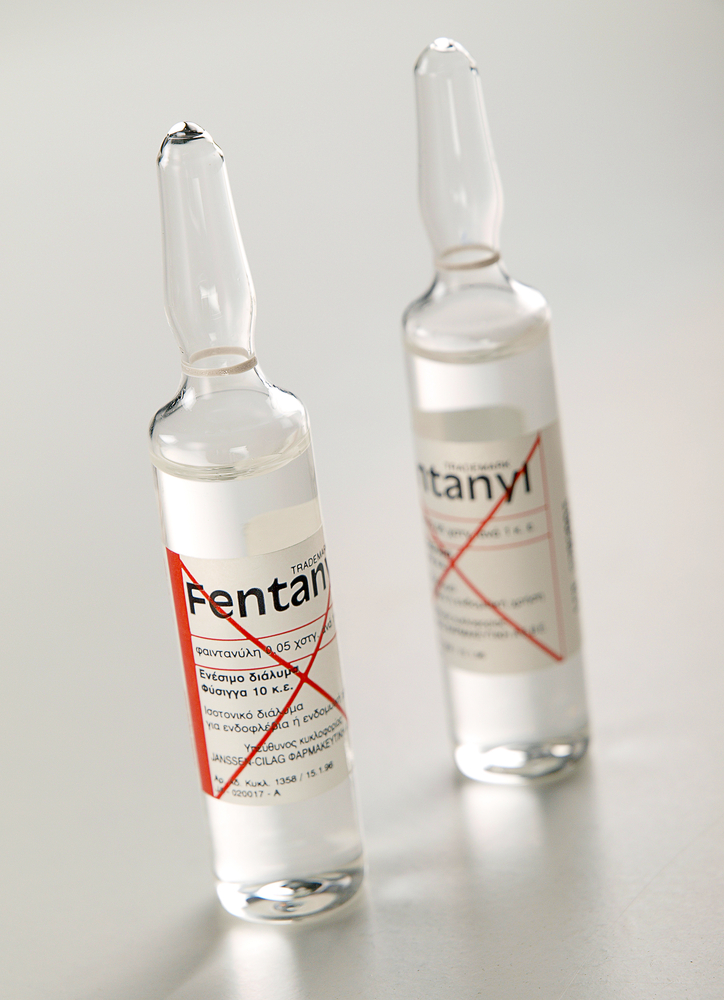
The Temporary Reauthorization and Study of the Emergency Scheduling of Fentanyl Analogues Act was signed into law last week by President Donald Trump.
The legislation extends the Drug Enforcement Agency’s temporary order making fentanyl-related substances Schedule I, a designation reserved for substances that have no accepted medical use and a high potential for abuse. The temporary order was due to expire on Feb. 6, 2020.
“We cannot sit idly by while 32,000 people die a year from fentanyl-related substances. This is a public health crisis and fentanyl is the leading culprit. While not permanent, I’m hopeful this extension of DEA’s temporary order will allow us to find a bipartisan fix to this epidemic of overdoses. Fentanyl must be treated as the deadly hazard it is,” U.S. Sen. Dianne Feinstein (D-CA, one of the billʻs sponsors, said.
The bill requires the Government Accountability Office to produce a report within 12 months on the public health and safety effects of controlling fentanyl-related substances.
The bipartisan bill was co-sponsored by Sens. Lindsey Graham (R-SC), Dick Durbin (D-IL), Chuck Grassley (R-IA), Maggie Hassan (D-NH), John Cornyn (R-TX) and Bob Menendez (D-NJ).
“I very much appreciate the bipartisan effort that went into ensuring that fentanyl analogues stayed a Schedule I drug because it is one of the most lethal drugs on the planet. This legislation will prevent a resurgence of fentanyl analogues in a way that would have been devastating to America. This is truly a good day for those who want to fight against the scourge of fentanyl and fentanyl-like substances,” Graham said.

